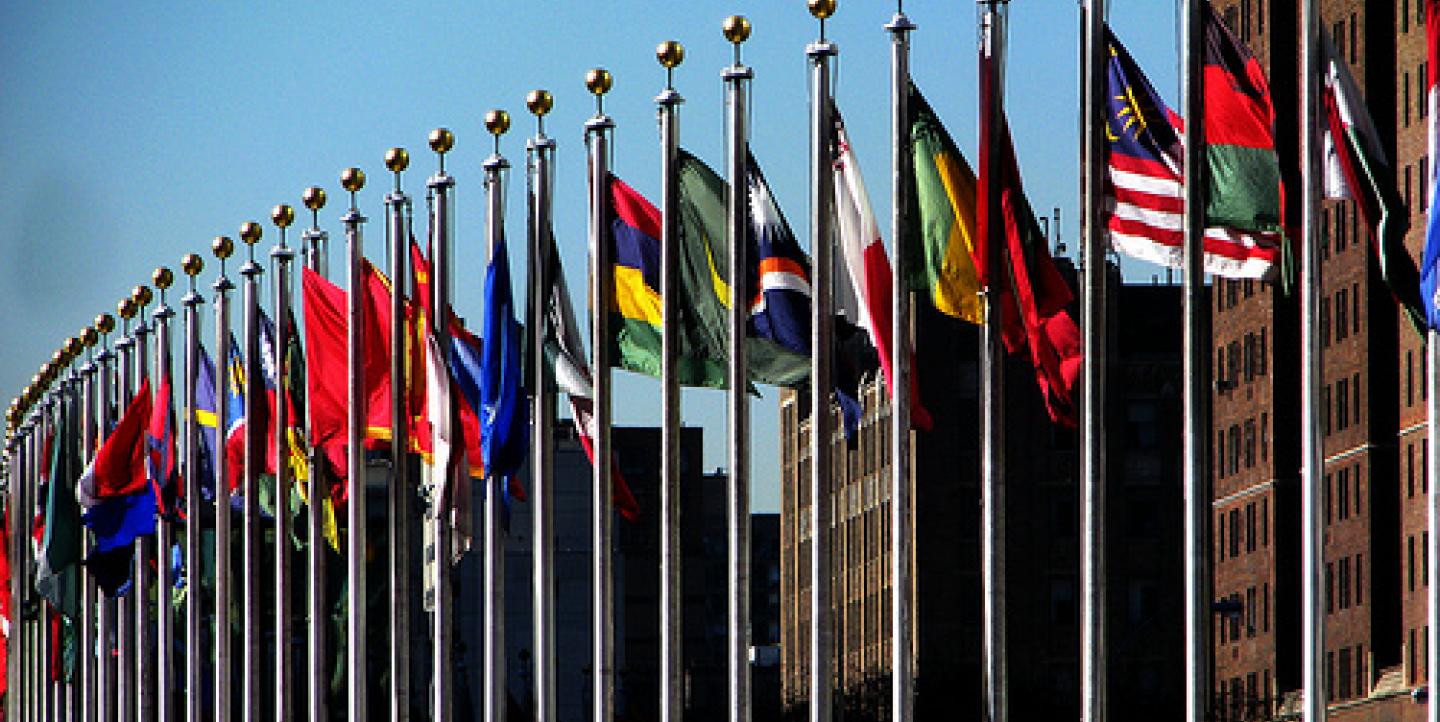Social media give journalists and newsrooms the potential to reach a global audience – and the chance to commit cross-culture gaffes.
Since each region has its own nuances and modes of communication, it can difficult to handle social media accounts across cultures.
Familiar with tackling international campaigns, a group of digital strategists and communication experts from the World Bank, USAID and Ogilvy shared their advice at a recent Social Media Week event.
Here are their tips for social media outreach on a global scale:
-
First, listen. When major news outlets try to tweet about events in other countries, it's hard to get the idiosyncrasies just right, especially when accompanying images can propagate cultural misunderstanding. Listen to social streams to gauge the types of regional conversations happening between locals to craft a culturally sensitive message.
-
Know which platform works best in each region. Facebook and Twitter aren't the king and queen of social media worldwide. China uses Sina Weibo and Orkut is popular in Brazil, for example. It's important to find out how social media fit into the culture. Shashi Bellamkonda, vice president of digital marketing at the Bozzuto Group, says that print papers are still thriving in India, and though social media are popular, journalists there don't use them to report the news.
-
Experiment, then evaluate regularly. When you're trying to reach a bilingual audience, it's best to experiment with which language works best and then refine your strategy with analytics, suggested Rudy Gharib, deputy director of digital communications at USAID. Gharib's team evaluates its social streams weekly to determine which moves worked best.
-
Tap into your audience on the ground. Ideally, community managers will be native to the region they're tweeting about, but this can't always be the case. Try to cultivate a group of followers from the region who can offer feedback on a sensitive piece of content. Are you uncertain about whether a certain photo works with your story, or that the language you're using makes sense? Ask for the advice of a local expert before you send it out. This virtual focus group can also keep you updated on the latest social media trends in the country.
- If you mess up, own up. If you do end up posting something on social media that comes off as culturally insensitive, just apologize instead of trying to cover it up. Even if it's just a small margin of people that dislikes what you posted, don't ignore it, Bellamkonda says. It only takes one person of influence to notice the tension, and this could cause more damage then addressing it from the beginning.
For more tips, you can watch the livestreamed event here.
Image CC-licensed on Flickr via Max Klingensmith.

